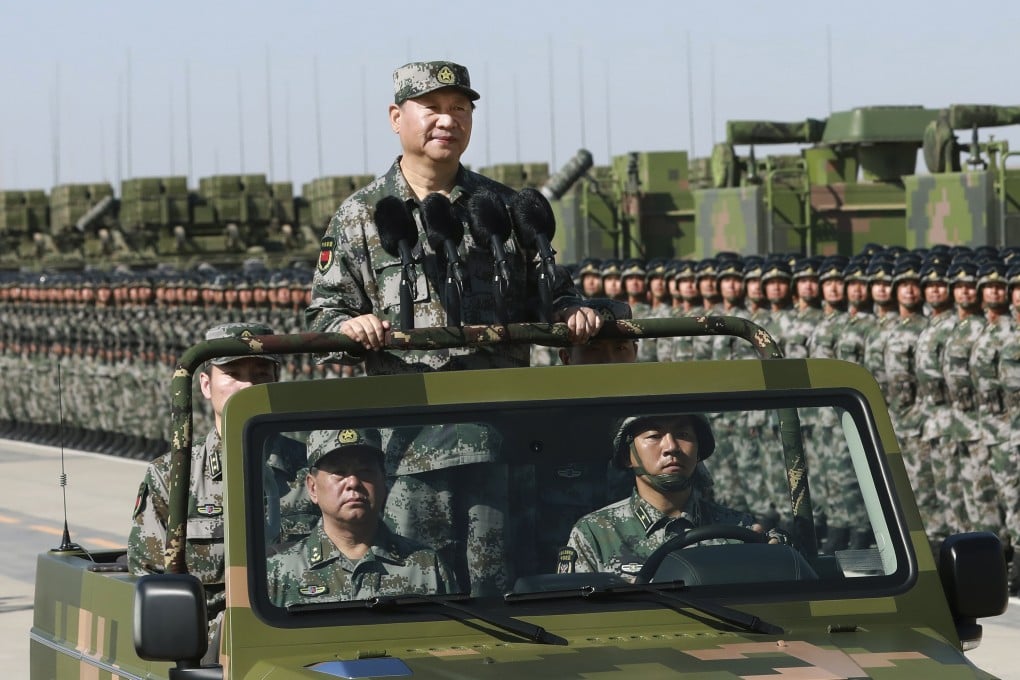Military build-up needed to protect China’s overseas interests, official explanation says
- Revision to Communist Party constitution added need to make armed forces world-class
- Other changes highlighted importance of military science and training of personnel

One revision passed at the party’s five-yearly national congress last month added the need to “elevate our people’s armed forces to world-class standards” to its constitution.
An official exposition published alongside the revised constitution said one of the drivers behind that revision was that a powerful military was a guarantee of national security and developmental interests – and a strategic choice.
“Overseas safety and security has become a major issue that we must address,” it said, citing frequent terrorist attacks on Chinese companies and institutions abroad in recent years.
The exposition, in question-and-answer format, explained the reasons for the changes in the party constitution.
Drawing on examples from China’s military defeats in the 19th century, it said international politics still followed the “law of the jungle”, with the strong in charge and able to uphold their will. The impact of a lagging military on national security would be fatal, it added.
It said that as the Chinese nation approached its goal of “great revival”, its “national security” concerns were becoming more extensive and complex than at any time in history, and the military served as an anchor for and guarantee of that goal.